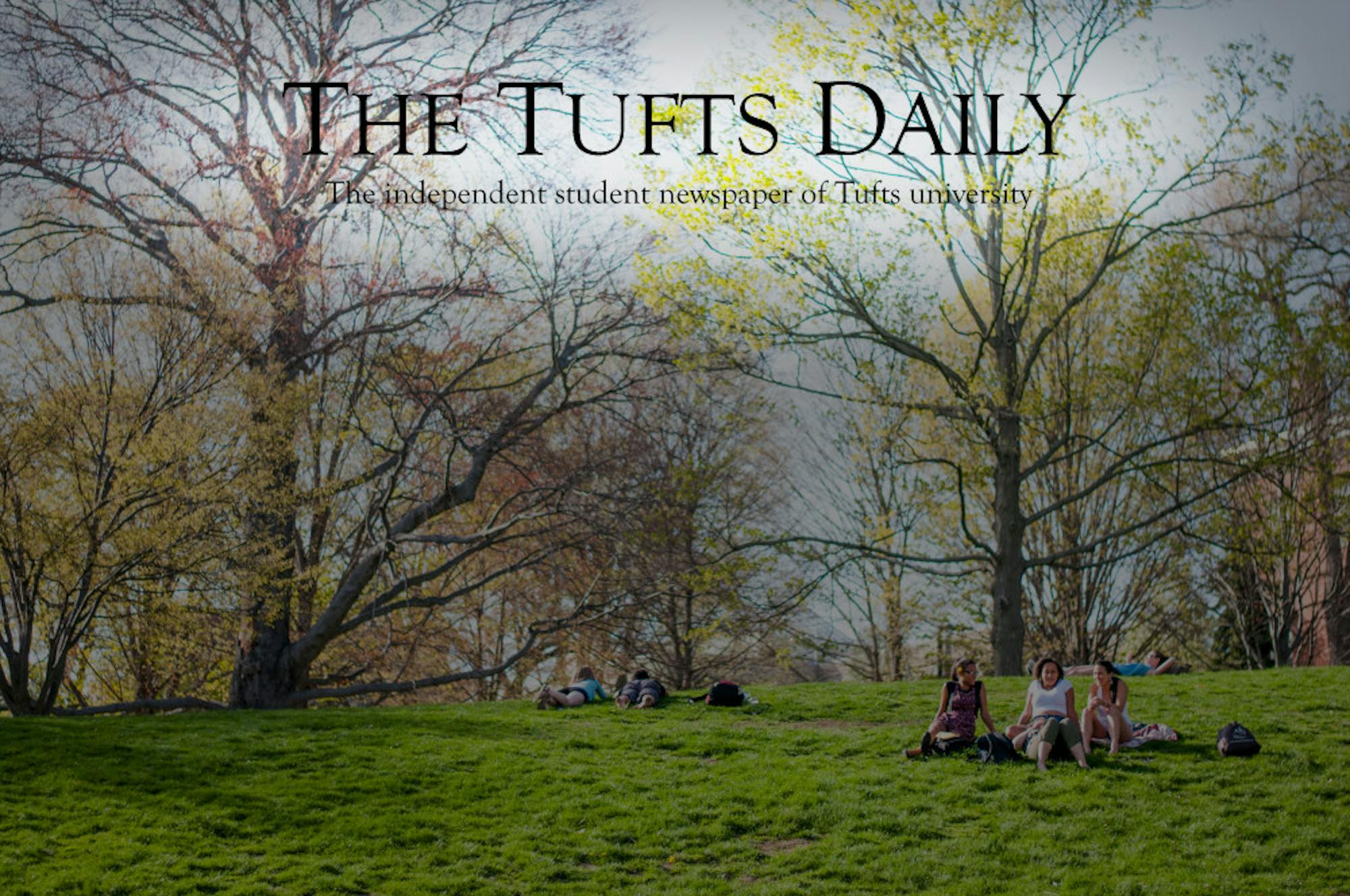The Boston Jewish Film Festival is in its 25th year of celebrating the Jewish experience through film and media. On Nov. 7, the Somerville Theatre kicked off the festival’s Third Annual Short Film Competition. From an initial 200 films, the contenders were narrowed down to just six shorts, each powerful in their own way. After the screenings, the directors took the stage for a brief question and answer session. This was then followed by a text-in vote for the best two films of the festival.
The most moving short film was “Nyosha,” based on the true story of Holocaust survivor Nomi Kapel. Director Liran Kapel tells the story of her grandmother at age 10, using stop-motion cinematography interspersed with classic animation. The result of the project was a jarring and emotional piece about a girl saving up to buy a pair of shoes during the Nazi invasion of Poland. The stop-motion, narrated by Kapel herself, captured the loss of innocence that so many children living during the Holocaust experienced. The claymation version of Nyosha feels as authentic as a real-life child, with haunting, glassy clay eyes that shed actual tears. “Nyosha” is a truly work of art, reminding audiences of the importance of creativity in the face of pure evil.
Despite the beauty of “Nyosha,” first place in the Short Film Competition went to “Unorthodox,” a coming-of-age story directed by Patrick Waismann. While the short was well made, the story was predictable and contrived. Yankel, a 13-year-old boy studying for his Bar Mitzvah, copes with familial tensions in an Orthodox home. The highlight of the film was River Alexander’s performance as Yankel, a heartfelt and believable adolescent struggling to grow up. When his brother leaves home after a fight with their father, Yankel takes it upon himself to punish his father. The film’s success at the festival was perhaps due to Waismann’s supportive fans in attendance, rather than his artistic storytelling ability. Though the festival was generally well structured, incidents like these made the competition aspect seemed disjointed and disorganized.
The question and answer portion of the night was incredibly insightful, as the directors told their own stories as artists. The audience directed the majority of their questions toward Kapel and Assaf MacHnes, who directed “Auschwitz on My Mind.” The directors, all of whom are Jewish, spoke about the difficulty of producing a short film and telling a story in under 15 minutes. Kapel especially struggled with cutting down hours of her grandmother’s story into a mere 12 minutes. She also spoke about her decision to mix stop-motion with classic animation in order to help capture the innocence of the 10-year-old witnessing such tragedy. Kapel carried the actual figurine of Nyosha with her to the screening — the character travels with her all over the world from festival to festival.
Despite the somber thematic content that characterized the evening, there were some moments of happiness. The heavy tones of MacHnes and Kapel’s stories were countered by the comedic short “That Woman,” directed by Edward Dick, which tells the story of a man sitting Shiva after a painful breakup, and a surprising blind date setup with Monica Lewinsky.
Overall, the Short Film Competition was a great way to kick off the Boston Jewish Film Festival. For more information about the festival, as well as a full list of the films, visit www.bjff.org/.






